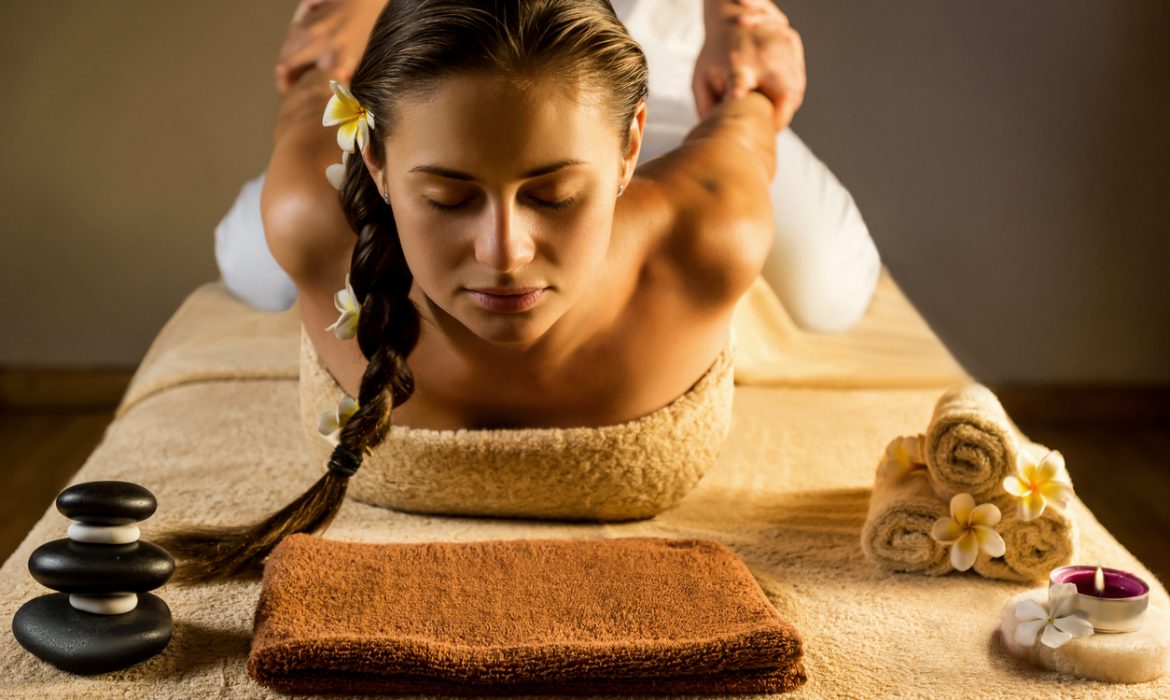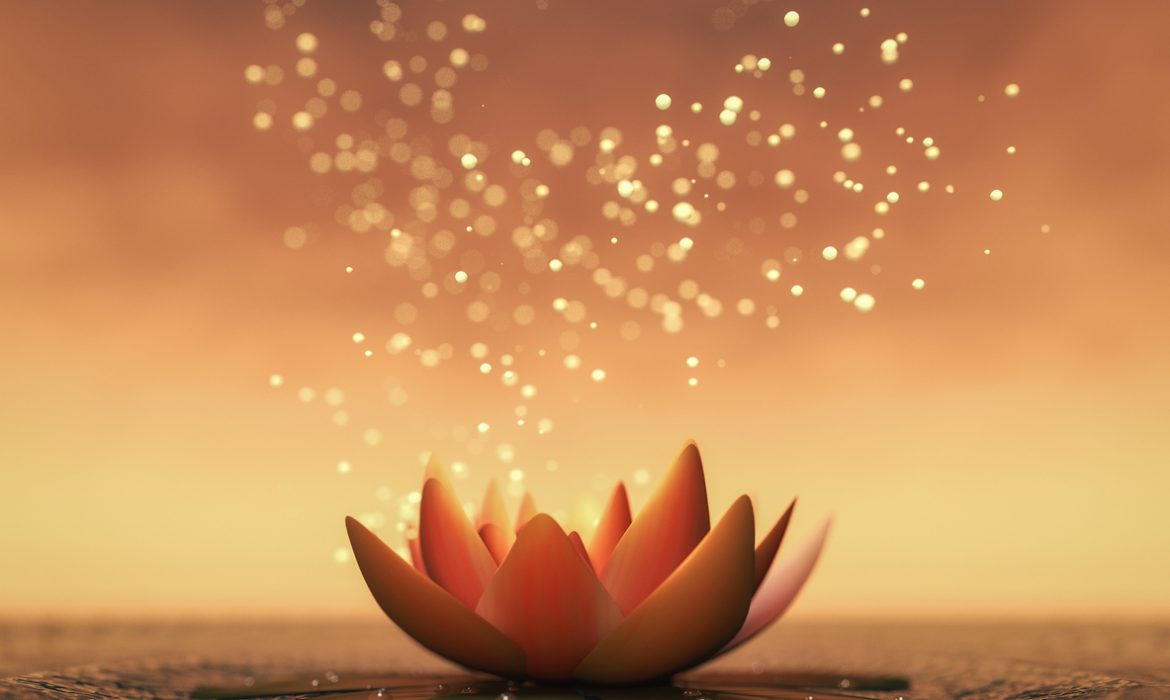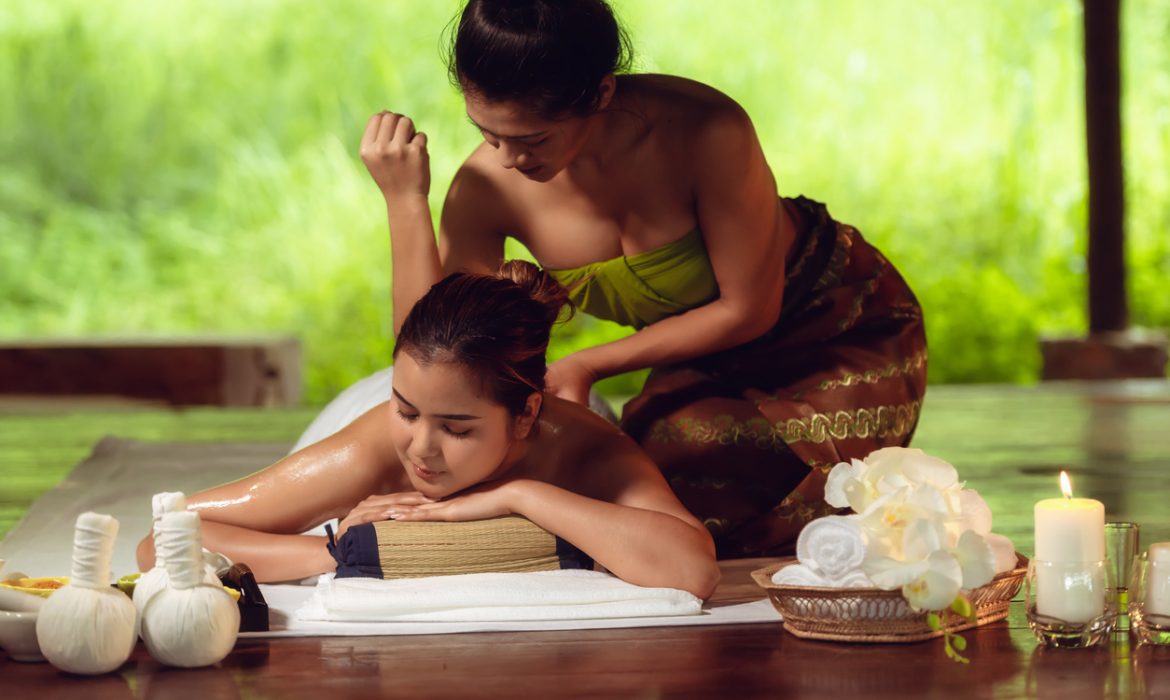The very idea of a massage will most likely put a smile on your face. We all like the thought of lying down on a massage table, closing our eyes and letting our muscles relax.
Nowadays, there are many different types of massages, some use manual techniques, others use gadgets, but one of the oldest was popularised in Thailand. Thai massage is a therapy that claims to have healing properties on the body and mind and can be the perfect complement to your trip to the Land of Smiles.
This ancient tradition mixes acupressure, assisted yoga postures and Ayurvedic principles. There is a standard procedure for the massage, which the practitioner adjusts to suit each patient.

In the Thai language, this sacred massage is called nûat thai, and it originally came from the ancient healing art of traditional Thai medicine. Its origin dates back over 2500 years and the Buddha’s physician and friend, Shivago Komarpa, is said to have created the Thai massage.
Following World War II Thailand became a magnet for tourists and the Thai massage really took off. It reached the United States in the 1980s, and since then we’ve seen Thai massage parlours popping up all over the world.
What is this ancient practice?
Traditional Thai massages use no oils or lotions, and the recipient (you) will be lying on a firm mattress or mat on the floor. It involves a considerable effort for the person giving the massage as there’s constant body contact between the giver and the receiver through contractions and stretches that follow designated lines in the body.
Thai massage relieves pain and tension and also clears blockages, improves your overall body strength and corrects postural problems.
The professional who gives the massage will also benefit from the therapy, which requires a high level of concentration and a meditative state. As we already mentioned, the benefits of this type of massage transcend the physical and affect various states of the soul.

Buddhism claims that this technique works on several sublime states that are essential for happiness. The Metta state treats the desire to make others happy, while the Karuna state deals with compassion, the Mudita, the pleasure that comes from delighting others and opening your heart and the Upekkha, the desire to help others without prejudice.
The circulation of vital energy is also stimulated through working on the energy points and lines of the body.
If after reading this, you’ve decided to include a massage on your trip to Thailand, there are a few things to keep in mind:
- There are thousands of places where you’ll be offered a massage but keep an eye out for the places where the locals go and not just tourists. Ask a Thai person for advice if you’re unsure.
- And if you’re feeling tired, have some muscle injuries or simply don’t want a very intense experience, make sure to tell the massage therapist so they can adapt the strength of the technique.






